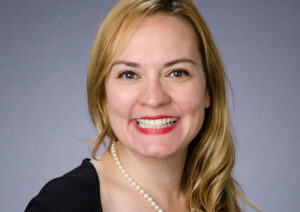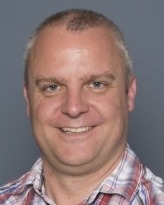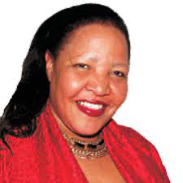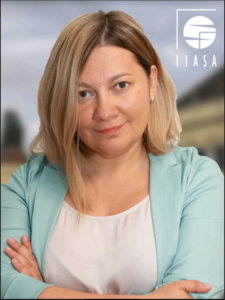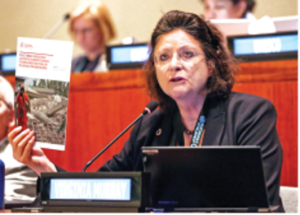This is the tenth in the series of short statements from candidates in the coming CODATA Elections at the General Assembly to be held on 15-16 November, 2021. Daisy Selematsela is a candidate for the CODATA Executive Committee as an Ordinary Member. She was nominated by South Africa.
 Daisy Selematsela has experience in the South African Higher Education sector and within the National System of Innovation (NSI).
Daisy Selematsela has experience in the South African Higher Education sector and within the National System of Innovation (NSI).
Daisy serves on a number of scientific bodies and also as an editorial board member of a number of journals and the Global Change Research Data Publishing and Repository and a reviewer of several programs.
She serves on a number of national boards and Advisory Councils. Internationally she is a former Board member of Confederation of Open Access Repositories (COAR). Serves as a member of Board of Directors of ORCID (represent EMEA – East Asia, Middle East and Africa) and Research4Life.
Daisy contributed to the ICSU and CODATA on a number of forums, contributed to position papers, co-ordinated workshops, chaired conference sessions and made numerous local and international presentations on areas related to CODATA objectives. She has served CODATA in the following areas:
Data Science Journal Review – corresponding Editor 2009
Served as ex-officio member of the South African National Committee for CODATA for 11 years.
World Data Centre on Biodiversity and Human Health prototype proposal and hosting;
Executive member: International Council for Science Union (ICSU SCID) ad Hoc Committee on Information and Data in 2007.
Chair: International Council for Science: Committee on Data for Science & Technology (ICSU: CODATA) Task Group on Data Sources for Sustainable Development in SADC 2007 -2011.
Executive member: (ICSU EDC Panel) International Science Union World Data Centre Panel2008.
Member: CODATA Task Group on Preservation of and Access to Scientific and Technical Data in/for/with Developing Countries. Co-chairs: CODATA – WDS joint subgroup 2011 to date.
CODATA Executive member from 2018 – 2021
Chairperson of South African National Committee for CODATA 2021 -2023
She was part of the Founding and Executive Members of the International Data Forum (IDF) 2007-2010. Instrumental in the formulation of Statement on Open Access for grant funding; Statement on ORCID ID and Predatory Publishing.
She holds a PhD in Information Science and is also Professor of Practice of Information and Knowledge Management of the University of Johannesburg.; a Fellow of the Higher Education Resource Service for Women in Higher Education (HERS) South Africa and Bryn Mawr College in Philadelphia, USA. Acknowledged with the Knowledge Management Award in 2016 by the World Education Congress.
Objective of serving in CODATA Exco will enhance the positioning of global South open science and open data challenges and cement CODATA Decadal program in the region.


